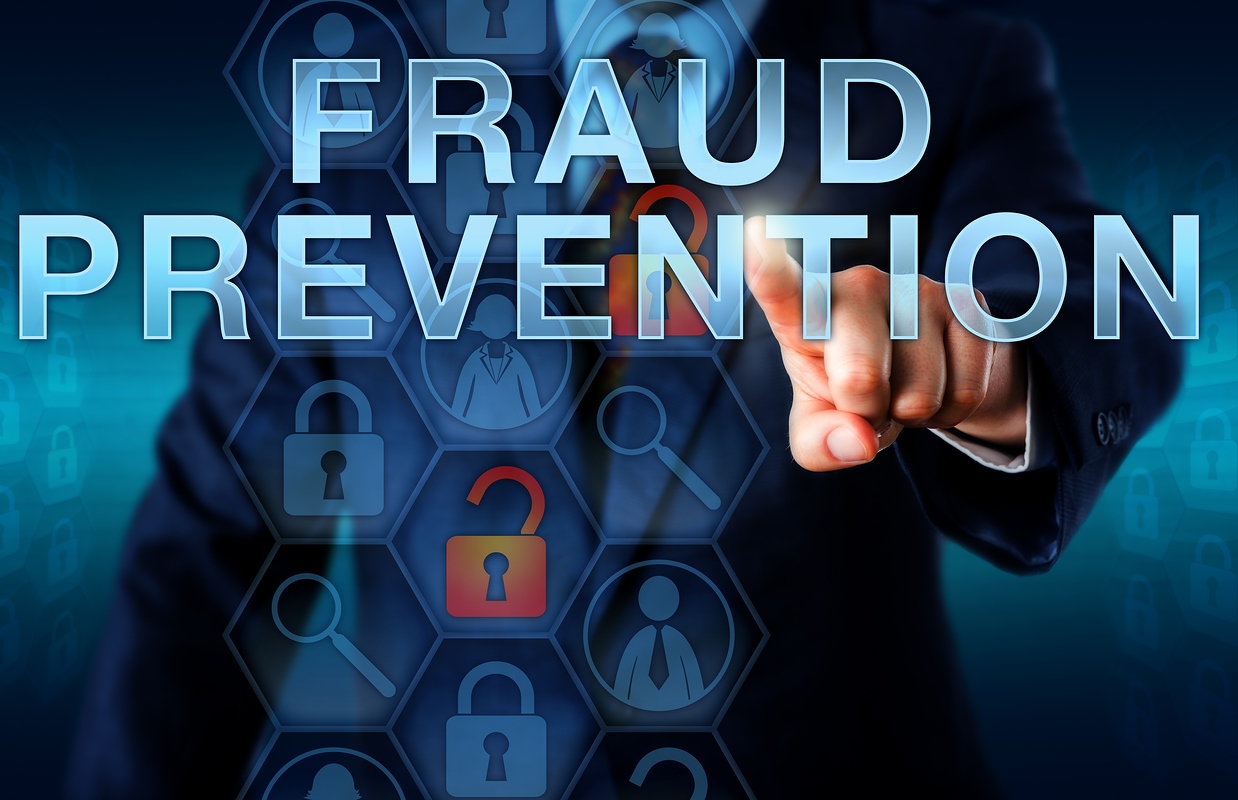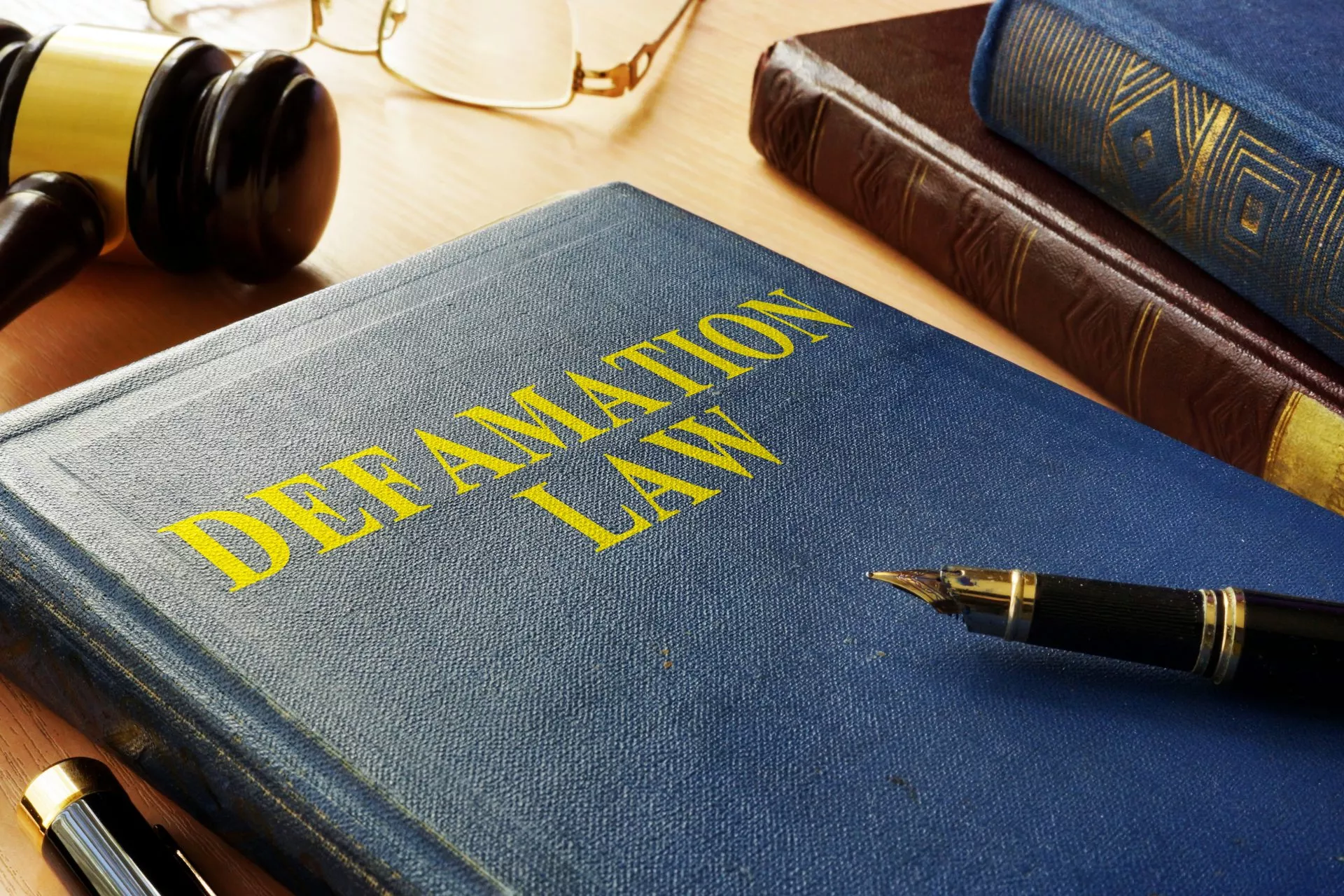In the realm of trade and commerce, navigating disagreements can be a complex endeavor. A solid understanding of pertinent terminology becomes vital in effectively addressing and resolving conflicts that may arise. Familiarity with key concepts not only empowers decision-makers but also enhances communication among stakeholders involved in potential disputes.
Recognizing the significance of precise language is crucial. Terms often carry weight, influencing the outcomes of negotiations and legal proceedings. Mastering the terminology can equip individuals and organizations with the tools necessary to advocate for their interests, fostering a more favorable environment for resolution.
This guide aims to illuminate a selection of pivotal terms that are indispensable in the context of resolving disputes related to commerce. By grasping these definitions, businesses can better navigate challenges and advocate effectively for their positions.
Understanding Commercial Litigation Terminology
Grasping the vocabulary related to disputes in the business realm is crucial for effective navigation and resolution of conflicts. A solid comprehension of the language allows stakeholders to articulate their positions clearly, understand procedural nuances, and properly evaluate their options. Familiarity with terminology is not merely academic; it plays a pivotal role in strategy development and communication with legal professionals.
Numerous terms frequently arise in the context of these disputes, encompassing a range of concepts from foundational principles to specific procedural activities. Mastery of this lexicon empowers individuals to engage more confidently in discussions, whether negotiating settlements or participating in formal proceedings. Furthermore, it aids in deciphering documents and agreements that are vital to safeguarding interests.
As you delve deeper into this area, recognizing common phrases and their implications will enhance your understanding and preparedness. This knowledge serves not just to inform but to empower, equipping you with the insights necessary for navigating challenges and making informed decisions in the face of disputes.
Key Terms Every Business Should Know
Understanding specific terminology is crucial in navigating the complexities of disputes and negotiations. Familiarity with these terms empowers entrepreneurs, helping them make informed decisions and effectively manage legal matters that may arise within their operations. Below are several important concepts that every corporate entity should recognize.
Fundamental Concepts
- Plaintiff: The individual or entity that initiates a lawsuit, claiming to have incurred loss or damage.
- Defendant: The party being accused or sued in a court of law.
- Damages: Monetary compensation sought by the plaintiff for losses suffered.
- Settlement: An agreement reached by both parties to resolve disputes without proceeding to trial.
- Deposition: A pre-trial session where witnesses provide sworn testimony, typically outside of the courtroom.
Process and Procedures
- Discovery: The phase where both parties gather and exchange relevant information and evidence.
- Affidavit: A written statement confirmed by oath or affirmation, used as evidence.
- Precedent: A legal decision or ruling from previous cases that influences future judgments.
- Mediation: A method of dispute resolution where a neutral third party helps facilitate a voluntary agreement.
- Arbitration: A process where a dispute is submitted to an arbitrator for a binding resolution, outside the court system.
The Role of Legal Counsel in Disputes
In the realm of conflicts and disagreements, having a knowledgeable advisor is crucial for navigating the complexities involved. These professionals serve as guides, helping individuals and organizations to understand their rights, obligations, and the potential outcomes associated with various courses of action. The input of a skilled advocate can significantly influence the trajectory of the dispute resolution process.
Understanding the Landscape
It is important to appreciate the multifaceted nature of conflicts that may arise. A proficient representative will analyze the situation thoroughly, identifying the key issues and formulating effective strategies. This includes assessing the strengths and weaknesses of the case while also considering the motivations of the opposing party.
Negotiation and Resolution
One of the primary functions of an advisor in these scenarios is to engage in negotiation on behalf of their client. This may involve direct discussions or mediation sessions aimed at reaching a satisfactory settlement. By leveraging their expertise, an advocate can facilitate constructive dialogue, ensuring that their client’s interests are well represented throughout the resolution process. Ultimately, the goal is to achieve an outcome that minimizes risk and aligns with the client’s objectives.
Common Types of Commercial Litigation Cases
Various disputes arise in the world of enterprise, often necessitating the intervention of the legal system. These disagreements can stem from many sources and involve different parties, each seeking resolution or compensation. Understanding the frequent categories of these disputes can help stakeholders prepare and navigate potential conflicts more effectively.
- Breach of Contract
This represents one of the most common types of disputes, occurring when one party fails to fulfill their obligations as outlined in an agreement. - Partnership Disputes
Conflict may arise between partners regarding business direction, profit distribution, or other operational issues. - Intellectual Property Infringement
Disputes can emerge when one party believes that their unique creations, such as trademarks, copyrights, or patents, are being unlawfully used by another. - Shareholder Derivative Actions
Shareholders may bring forth actions on behalf of a corporation when they believe that the company’s officers are acting against its best interests. - Consumer Class Actions
When a group of consumers suffers similar harm from a company’s practices, they may unite to pursue legal action collectively. - Fraud Claims
These cases arise when one party alleges that another has misrepresented material facts, leading to financial harm.
Being aware of these prevalent case types can aid owners and managers in taking proactive measures to mitigate risks and seek appropriate recourse when necessary.
Navigating the Litigation Process Effectively
Understanding the progression of disputes through the court system is crucial for achieving favorable outcomes. Having a strategic approach can significantly influence the resolution of conflicts, ensuring that all necessary steps are efficiently executed. This section outlines key considerations and actions that can promote swift and successful results during legal disputes.
Firstly, it is important to conduct a thorough assessment of the situation at hand. Identifying the core issues and potential defenses not only aids in formulating a precise strategy but also allows for an informed dialogue with legal counsel. Engaging in proactive communication and maintaining transparency can help in managing expectations and navigating complex proceedings.
Next, timely documentation plays a pivotal role in the process. Gathering relevant evidence and records as soon as possible is essential for building a strong case. This also includes retaining any communications and agreements that might be pertinent. An organized and comprehensive approach to documentation helps to eliminate oversight or potential miscommunication later in the process.
Additionally, exploring alternative solutions before advancing in the official process can often yield beneficial results. Mediation or arbitration may provide opportunities for resolution while avoiding the extensive costs and time associated with a trial. Assessing all possible avenues for settlement not only demonstrates a willingness to collaborate but can also result in more customizable outcomes that meet the needs of all parties involved.
Lastly, aligning with experienced professionals is vital. Their expertise can provide crucial insights into legal nuances and procedural requirements. Selecting the right advisor ensures that you are well-equipped to tackle challenges that may arise, positioning you positively as you proceed through the various stages of resolution.
Importance of Pre-Litigation Negotiations
Engaging in discussions before initiating formal proceedings can significantly benefit parties involved in a dispute. These preliminary conversations often serve as a platform for resolving conflicts amicably, saving time, resources, and emotional energy. Additionally, they can lead to mutually agreeable settlements, preventing the need for a potentially lengthy and costly courtroom battle.
Benefits of Early Resolution
Addressing issues at an early stage can foster better relationships between parties. When individuals or organizations communicate openly, they can understand each other’s perspectives and interests, leading to creative solutions that satisfy both sides. This approach often cultivates goodwill and can help maintain ongoing partnerships, avoiding the damage that adversarial actions may cause.
Court Efficiency and Resource Management
Furthermore, pre-trial discussions can lighten the burden on the judicial system. By resolving matters before they escalate to formal actions, courts can focus on more pressing cases. This not only enhances the efficiency of the legal process but also allows disputants to allocate their resources more effectively, minimizing legal costs and distractions from their core operations.
Impact of Jurisdiction on Legal Outcomes
The concept of jurisdiction plays a pivotal role in shaping the results of court proceedings. It determines not only which court has the authority to hear a case but also influences the interpretation of laws and the nature of judicial proceedings. Understanding jurisdiction is crucial, as it can significantly affect the strategies employed by parties involved in disputes and the eventual resolution of those matters.
Types of Jurisdiction
Jurisdiction can be categorized into several types, including personal, subject matter, and territorial. Personal jurisdiction refers to a court’s authority over the individuals or entities involved in a legal action. Subject matter jurisdiction deals with the court’s ability to hear specific types of cases based on the issues presented. Lastly, territorial jurisdiction concerns the geographical limits within which a court can exercise its authority. Each type has significant implications on how a case progresses and is ultimately resolved.
Effects on Case Outcomes
The choice of jurisdiction can greatly influence the outcome of a case. Different jurisdictions may have varying laws, legal precedents, and procedural rules, which can lead to divergent results for similar cases. Additionally, certain jurisdictions may be perceived as more favorable for particular types of claims, prompting parties to select their venue strategically. Understanding these dynamics is essential for any party involved in a dispute to effectively navigate the complexities of the judicial system.
Strategies for Minimizing Legal Risks
Reducing uncertainties in the realm of commerce requires proactive measures and thoughtful planning. By identifying potential hazards, organizations can implement strategies to safeguard their operations and maintain compliance, ultimately fostering a secure and sustainable environment.
1. Comprehensive Contract Review
Thorough examination of agreements is crucial. Engaging professionals to scrutinize terms can prevent misunderstandings and conflicts. Clear definitions and explicit obligations will minimize ambiguities that may lead to disputes. Regular updates to contracts are also vital to reflect current laws and operational changes.
2. Training and Education
Investing in training programs for employees on compliance and ethical practices enhances awareness of potential risks. Regular workshops can empower staff with the knowledge needed to identify and mitigate challenges proactively. Encouraging open communication will foster a culture of vigilance throughout the organization.
Q&A: Commercial litigation legal glossary
What is commercial litigation and why is it important for my business?
Commercial litigation refers to the legal disputes that arise out of business dealings. This can include contract disputes, shareholder issues, intellectual property rights, and more. Understanding commercial litigation is crucial for businesses because it helps in risk management. Being aware of potential legal issues allows companies to take proactive steps to mitigate risks, protect their interests, and enforce their rights. Moreover, having a clear understanding of the legal terms and processes involved can help business owners make informed decisions and avoid costly legal battles.
What are the key terms in a commercial litigation legal glossary that I should know?
Some key terms in a commercial litigation legal glossary include:
- Complaint: A legal document filed to initiate a lawsuit, outlining the plaintiff’s claims.
- Defendant: The party being accused or sued in a court of law.
- Discovery: The pre-trial process where both parties gather evidence from each other.
- Settlement: An agreement reached between parties to resolve a dispute without going to trial.
- Appeal: A request to a higher court to review the decision of a lower court.
Familiarizing yourself with these terms can help you navigate the complexities of commercial litigation more effectively.
How can understanding the legal glossary help my business in case of a lawsuit?
Understanding the legal glossary related to commercial litigation can empower you as a business owner by providing clarity on the legal process. Knowledge of key terms can aid in effective communication with legal counsel, ensuring that your concerns and questions are accurately conveyed. It can also enhance your ability to understand the documents involved in a lawsuit, such as pleadings, motions, or settlement agreements. Ultimately, a solid grasp of legal terminology allows you to make more informed decisions and can even assist in the negotiation process, whether in settlements or other resolutions.
Are there any risks of not knowing these legal terms when dealing with commercial litigation?
Yes, there are significant risks associated with not understanding the legal terms involved in commercial litigation. Without this knowledge, you may struggle to interpret legal documents, which can lead to critical mistakes or missed deadlines. Miscommunication with your legal team might result in inadequate representation, weakening your position in negotiations or court. Additionally, ignorance of the legal language can lead to unfavorable settlements or even a defeat in court, which can have severe financial implications for your business. Therefore, having a basic understanding of essential legal terms is crucial for effective litigation management.
Where can I find resources to learn more about commercial litigation and its legal glossary?
There are numerous resources available to learn more about commercial litigation and its legal glossary. Consider the following options:
- Legal Websites: Many law firms and legal organizations provide detailed explanations of legal terms and processes on their websites.
- Books: There are several comprehensive guides focused on commercial law and litigation.
- Online Courses: Platforms like Coursera or edX offer courses on business law that can help deepen your understanding.
- Legal Counsel: Consulting with a qualified attorney can provide personalized insights tailored to your specific business needs.
By utilizing these resources, you can build a solid foundation of knowledge to better manage commercial litigation risks in your business.
What is commercial litigation, and why is it important for businesses?
Commercial litigation refers to legal disputes that arise in the course of business operations. This can include contract disputes, trademark issues, partnership disputes, and more. It’s important for businesses to understand commercial litigation because these disputes can significantly impact a company’s finances, reputation, and operations. Proper knowledge of litigation terminology helps businesses navigate these situations more effectively, ensuring they are better prepared to protect their rights and interests.
Can you explain some key terms in commercial litigation that every business owner should know?
Absolutely! Here are a few essential terms: 1. Plaintiff: The party who initiates a lawsuit. 2. Defendant: The individual or business being accused in the lawsuit. 3. Discovery: The pre-trial phase when both parties exchange information and gather evidence. 4. Settlement: An agreement reached between parties to resolve the dispute without going to trial. 5. Litigation Costs: The expenses associated with pursuing or defending a lawsuit, including attorney fees, court fees, and other related costs. Understanding these terms can help business owners communicate better with their attorneys and make informed decisions during legal proceedings.
What is a legal right in the context of civil litigation?
A legal right in civil litigation refers to a party’s entitlement to enforce a claim or seek a remedy in a civil case. This could involve recovering money or property, seeking specific performance, or obtaining a court order to protect or enforce the right. Civil litigation lawyers help their clients assert these legal rights through the civil procedure, ensuring that the claim is valid under the common law or statutory law, and filed with the appropriate court that has jurisdiction over the matter.
What role does a court order play in civil litigation?
A court order is an official mandate issued by the court that requires a party to do or refrain from doing something. In civil litigation, court orders can be used to enforce legal obligations, such as paying damages, transferring property, or complying with specific legal duties. The court may issue orders at various stages of a civil action to ensure compliance with the law or to resolve disputes between the parties. Failure to comply with a court order can lead to legal consequences, including contempt of court.
How does the appellate court function in a civil case?
An appellate court reviews the legal and factual arguments presented during the original civil case to determine whether the trial court made errors in its judgment. The appellate court focuses on questions of law, such as whether the correct legal principles were applied or whether the legal procedure was followed correctly. It does not re-examine the evidence but rather ensures that the judgment of the lower court complies with legal rules and that the decision was fair and just under the law.
What is the significance of the uniform commercial code (UCC) in commercial litigation?
The Uniform Commercial Code (UCC) is significant in commercial litigation as it provides a standardized legal framework for commercial transactions, including the sale of goods, leases, and negotiable instruments. Commercial litigation lawyers often rely on the UCC to resolve disputes arising from contracts and business dealings. Since the UCC has been adopted by most states, it ensures uniformity in the application of commercial laws across different jurisdictions, making it easier for parties involved in interstate commerce to understand their legal rights and obligations.
What is the role of a person appointed by the court in civil matters?
A person appointed by the court in civil matters, such as a guardian ad litem or receiver, plays a specific role in ensuring that the interests of a party are adequately represented. For instance, a guardian ad litem may be appointed to represent the interests of a minor or incapacitated person in litigation, while a receiver may be appointed to manage the assets of a business during a civil lawsuit. These individuals act under the authority of the court to fulfill legal obligations and protect the rights of the parties involved.






